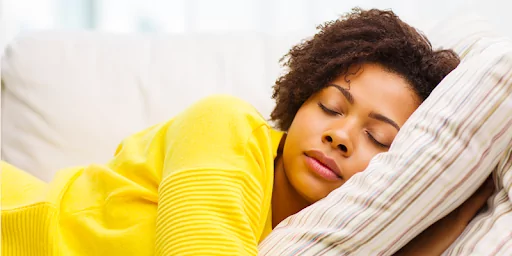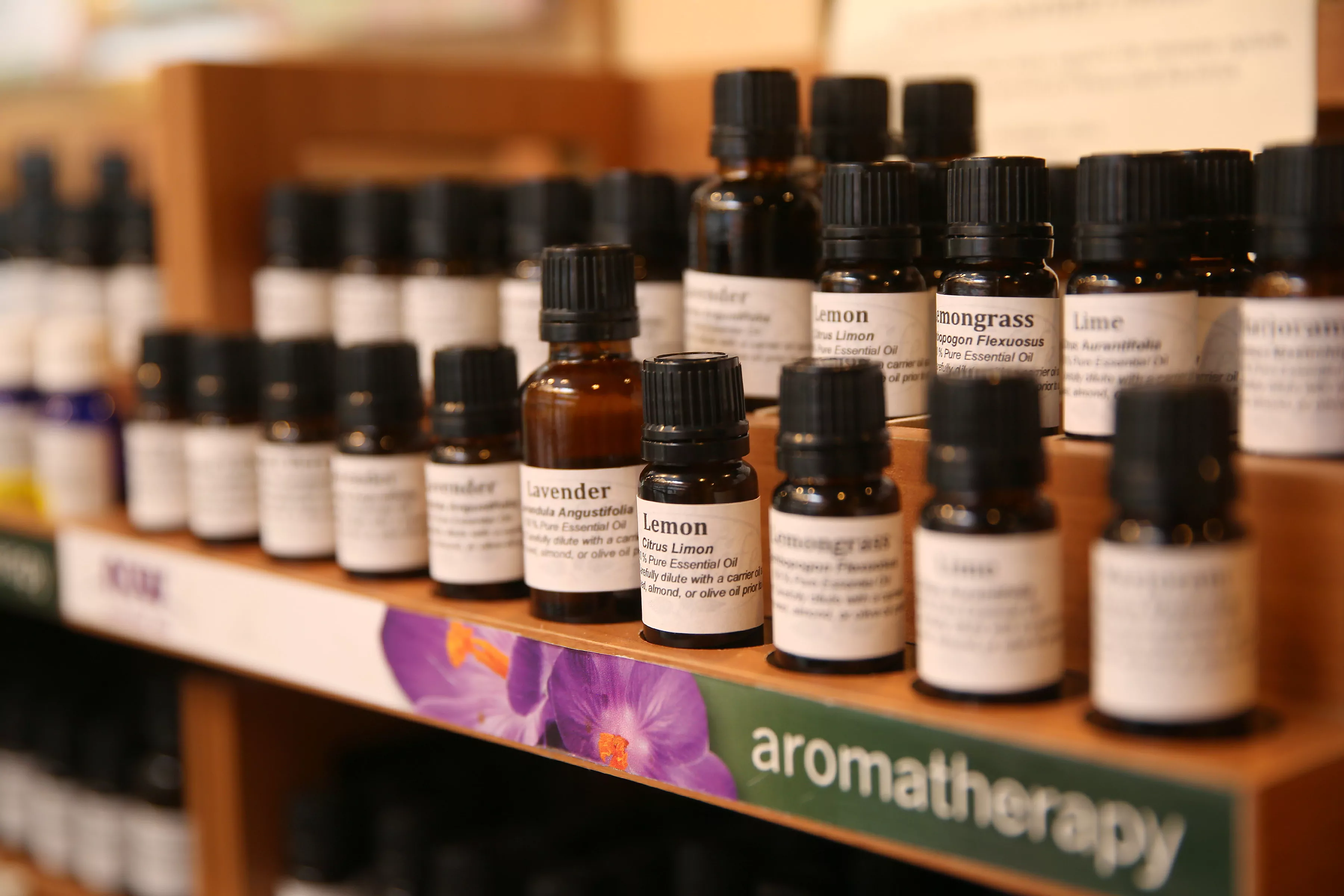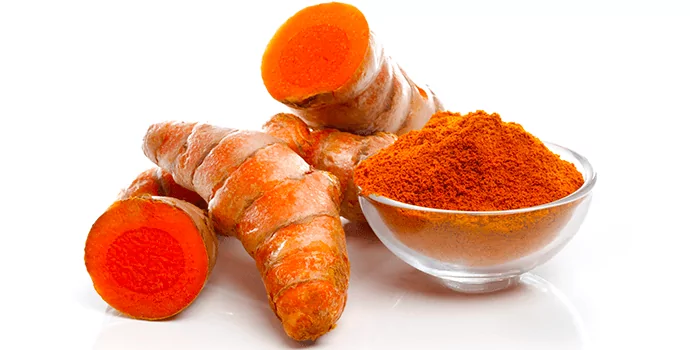
Aging Well with Better Sleep Part 2
Last week, we covered the importance of getting a good night’s sleep, including REM sleep. Today we would like to share more practical pointers on how to improve your sleep quality naturally.
Avoid stimulants like caffeine, nicotine, sugar, and take your B Vitamins early in the day. Also, alcohol before bed is a no-no. It may not be a stimulant, but drinking it before bed will keep you from entering into a deep sleep. Another suggestion for sleeping well is to avoid eating no less than 4 hours before bed and keep it light. Try to stick to an early dinner whenever possible — which supplements the end of your day with nutrition. Avoid eating less than 4 hours before bed. If you do need a late-night snack, keep it light and nutritious. Apples, bananas, tea or warm milk, and honey are excellent bedtime food and beverage choices.
Keep your wake/sleep schedule consistent.
EXERCISE. Ah! Yes! Research shows exercising decreases the amount of time it takes to go to sleep but increases the length of sleep by 40 minutes longer. That is important because the longer you sleep the more likely you will fall into a deep sleep which is your memory fixer! Also, getting to sleep faster avoids you lying there to think and toss, leading to more anxiety. This brings us to another suggestion — try to be tired when going to bed, keep lights dim, focus on monotonous tasks, listen to white noise or soft music.
Do not lay in bed for more than 20 minutes. If you have trouble falling asleep, get out of bed and do something simple like reading until you feel sleepy.
Your bed and pillow should be soft or to your liking.
Do nothing but sleep in your bed, other than intimate relations.
Avoid your phone before bed (it’s another blue sight stimulant), but you may choose to keep a phone by your bed, so you don’t have to wake yourself by getting out of bed to answer your phone when needed.
LIMIT NAPS! It is OK to nap, but try to nap for only 20 to 40 minutes. The time of day to nap is important. Good times are between 2 and 5 P.M. In some countries the workplace allows napping in the afternoon to improve work performance.
Remember when I said digestion is a sleep deterrent? Yes, your gut bacteria when deficient or in despair can keep you awake. Also, not eliminating properly daily will keep your body awake because it is working on that problem. Taking a good probiotic can be one of many solutions for improved sleep. Talk to us about which formula may be right for you.
Take your magnesium before bed. Magnesium relaxes our muscles and can relieve pain. Magnesium is also great for bowel elimination and relieving restless legs.
Supplemental melatonin is another great sleep regulator for those who are deficient and works best when taken at the same time every day, typically an hour before bed.
While there is no simple “cookie-cutter” or one fits all solution for every person living with sleeplessness, there are many lifestyle modification options. DON’T LOSE ANY SLEEP OVER IT! Come talk to us and see how our Wellness Coaches can help you find personalized solutions to age well with better sleep.
Rest well,
Sandy Fidler, Wellness Coach






